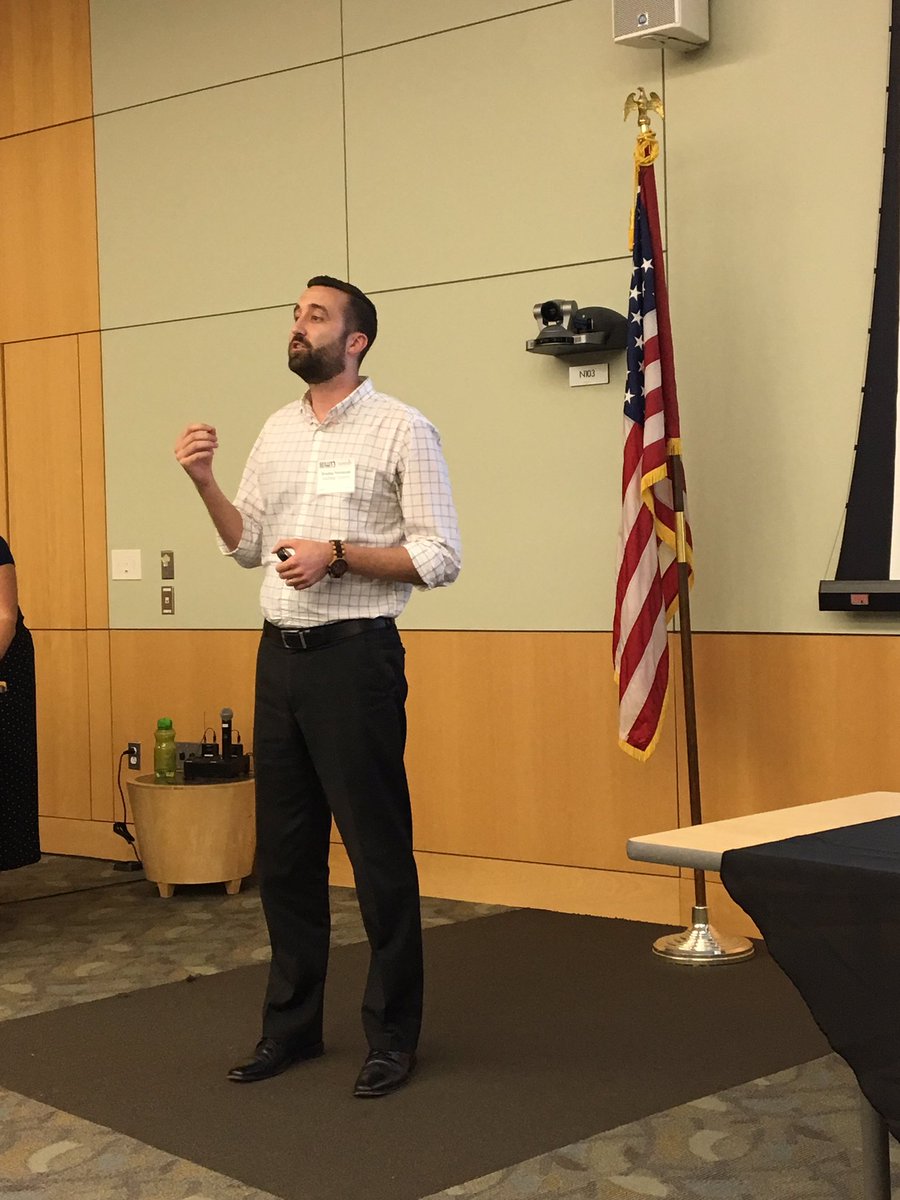NextStep Robotics, a startup which makes a device to treat foot drop, closed on $750,000 in new funding, said CEO Brad Hennessie.
The Baltimore-based company is the second to receive investment from the Maryland Momentum Fund, which was created by the University System of Maryland to back startups based on technology developed at the state schools. The Maryland Momentum Fund invested $250,000 in the company. The fund requires co-investors, and a group affiliated with Vancouver, Canada–based Fort Capital also contributed to the round.
The company makes a robotic device to treat foot drop syndrome, which limits a patient’s ability to lift a toe while walking. It is common in patients recovering from stroke, as well as those with diabetes and Parkinson’s disease.
The robotic device is designed as a training device that helps patients regain mobility, and can be used by staff at a physical therapy site rather than the specialist.
The robot and software can be adapted based on the severity of someone’s foot drop, which “allows us to know exactly where someone is in their gait cycle and what they are able to do on their own,” Hennessie said.

A comparison illustrates foot drop. (Courtesy photo)
While the startup launched last year, the device has roots in the work of doctors at the Baltimore-based University of Maryland School of Medicine and the Baltimore Veterans Affairs Motor Performance Laboratory. Hennessie linked with the project through a past role at the VA’s Maryland Exercise Robotics Center of Excellence.
The company is currently based at the Maryland Development Center on Pratt St., whose CEO Gil Blankenship is also a UMD professor. Work with engineers in that space “really the main reason why we were able to accelerate forward,” Hennessie said.
It’s also the second Maryland Momentum Fund investment for a Baltimore-based company. But like smart wood stove maker MF Fire, it has a connection to multiple campuses. Along with the fact that it was an area of strength for the university like robotics and medical devices, that connectivity made it attractive, said Maryland Momentum Fund Director David Wise.
“We are a university system and this touches a lot of the parts of the system,” Wise said.
Of course, the company’s prospects were also a reason. Hennessie said the funding will help the company complete the final commercial prototype of the device.
As the company plans it, the robot has a quicker path to market than some medical devices. That’s because it will be registered as an exercise device, allowing it to be sold without the more arduous process.
Before you go...
Please consider supporting Technical.ly to keep our independent journalism strong. Unlike most business-focused media outlets, we don’t have a paywall. Instead, we count on your personal and organizational support.
3 ways to support our work:- Contribute to the Journalism Fund. Charitable giving ensures our information remains free and accessible for residents to discover workforce programs and entrepreneurship pathways. This includes philanthropic grants and individual tax-deductible donations from readers like you.
- Use our Preferred Partners. Our directory of vetted providers offers high-quality recommendations for services our readers need, and each referral supports our journalism.
- Use our services. If you need entrepreneurs and tech leaders to buy your services, are seeking technologists to hire or want more professionals to know about your ecosystem, Technical.ly has the biggest and most engaged audience in the mid-Atlantic. We help companies tell their stories and answer big questions to meet and serve our community.
Join our growing Slack community
Join 5,000 tech professionals and entrepreneurs in our community Slack today!

The person charged in the UnitedHealthcare CEO shooting had a ton of tech connections

From rejection to innovation: How I built a tool to beat AI hiring algorithms at their own game

The looming TikTok ban doesn’t strike financial fear into the hearts of creators — it’s community they’re worried about



